"In recent days, there have been several statements by top leaders in Brussels and in major member states that are pushing events in the direction that we Hungarians have been trying to avoid for two years. A growing number of people here in Brussels are talking about things that we believe risk triggering a third world war," Balazs Orban, the Hungarian prime minister's political director, stressed, adding that in the negotiations the Hungarian delegation always points out that Hungary's position differs from the Brussels pro-war mainstream, explaining that in Hungary's view the war can only be ended through diplomacy, the first condition being the conclusion of a ceasefire.
The aim, he said, is to yank the Brussels elite off the escalation spiral. There is only one way to ratchet down the war fever, in the political director's opinion: if European people send pro-peace politicians to the EP in the coming June elections.
Russian money for weapons to Ukrainian
One contentious issue at the EU summit is whether to use frozen Russian assets to help Ukraine. Balazs Orban stressed that Hungary's position on the issue of arms supplies is clear, and does not supported shipments in any framework.
We are not willing to make Hungary a belligerent party,
he stated, but indicated in response to a journalist's question that should the frozen funds be used through the European Peace Facility, that would ensure that Hungary itself decides on the specific utilization of its portion of the funds. In this scenario, Hungary plans to put its share mostly toward stopping illegal migration and supporting the Western Balkans, but not to cover arms shipments.
'No' to joint borrowing, 'yes' to defense industry development
The Hungarian prime minister's political chief called the creating of a European army a key issue pertaining to sovereignty, but at the same time expressed skepticism about taking out a joint loan. He did not exclude the possibility but drew a red line:
In our experience, the joint borrowings that have been decided on recently have failed to fulfill hopes.
As an example, he mentioned the borrowing to finance recovery after the pandemic, pointing out that Hungary did not receive its share and other member states were unable to use the allocation effectively. In his assessment, the past period has shown that joint borrowing is not a good instrument. Several countries are also skeptical regarding this issue and the Commission is looking at alternative methods of funding, he said.


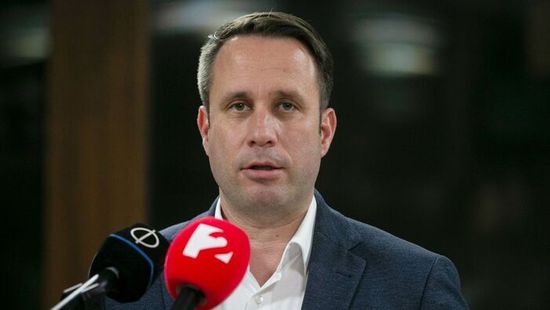
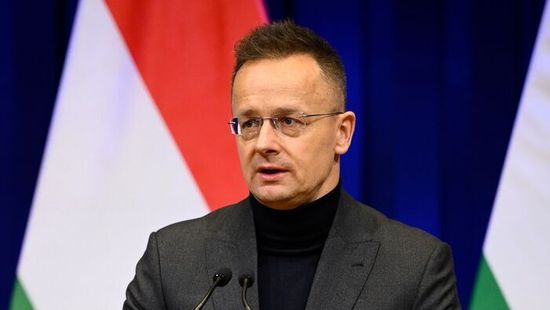


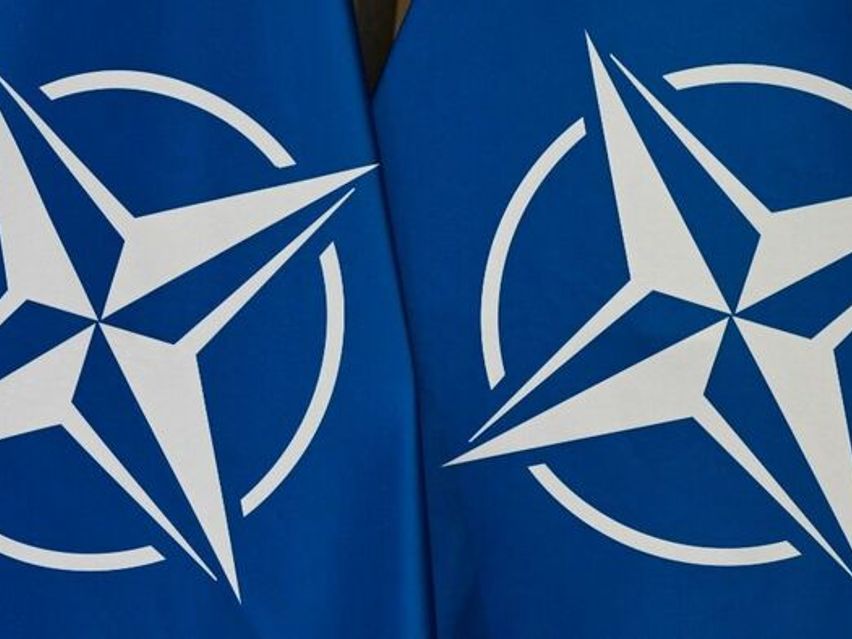
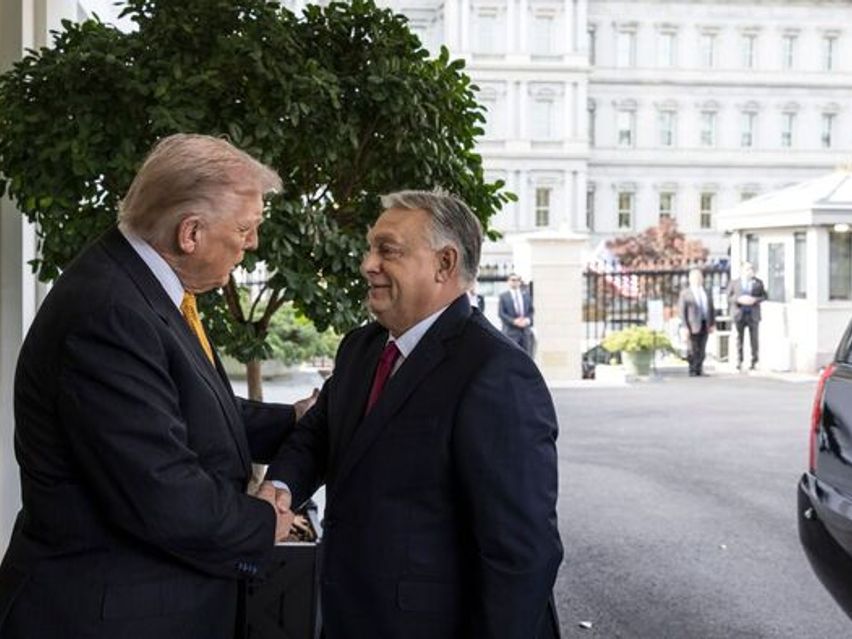




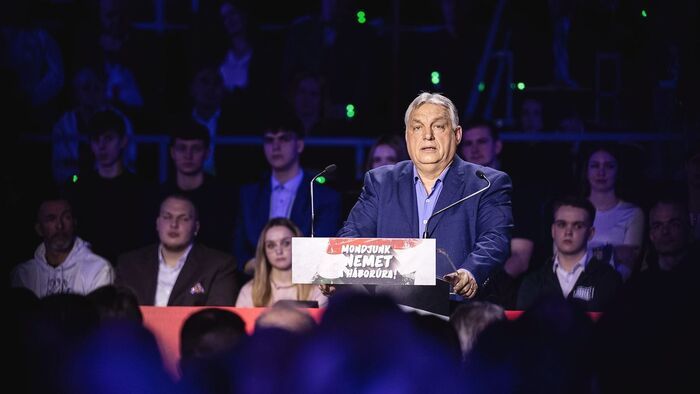
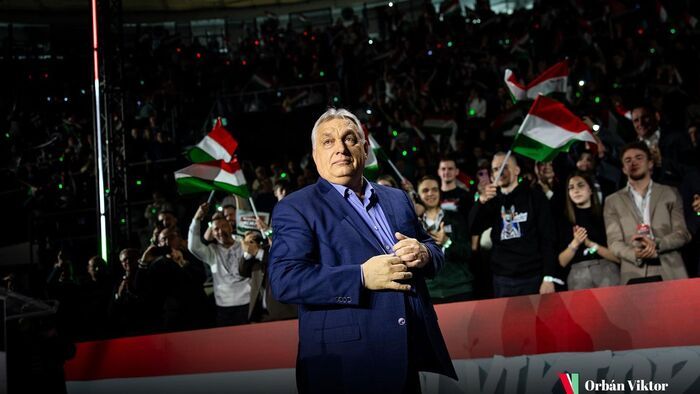

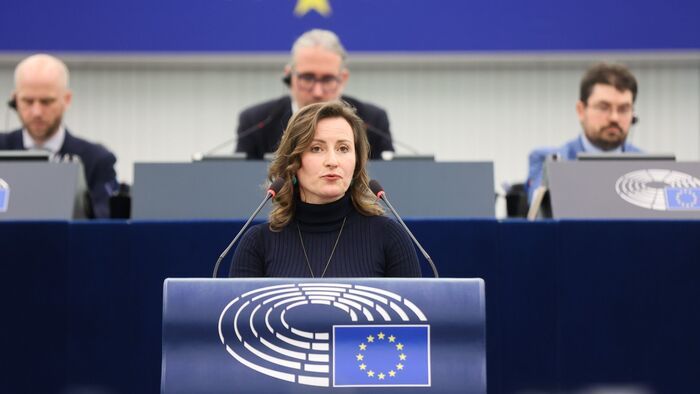

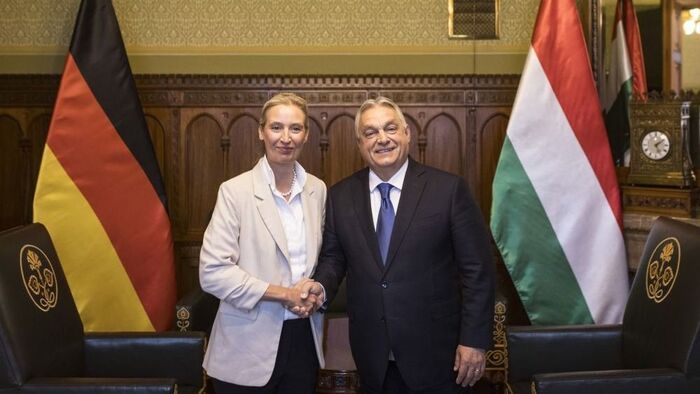


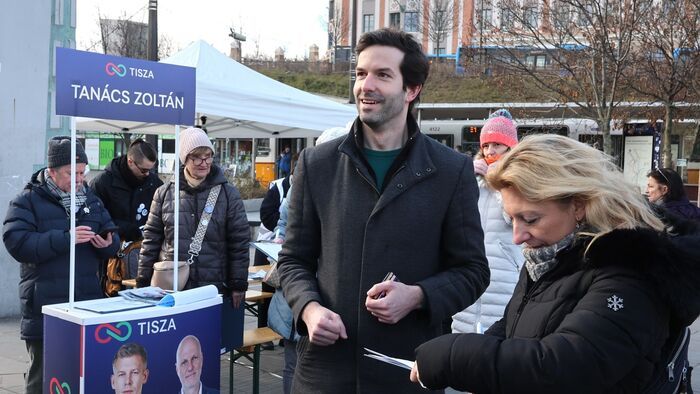
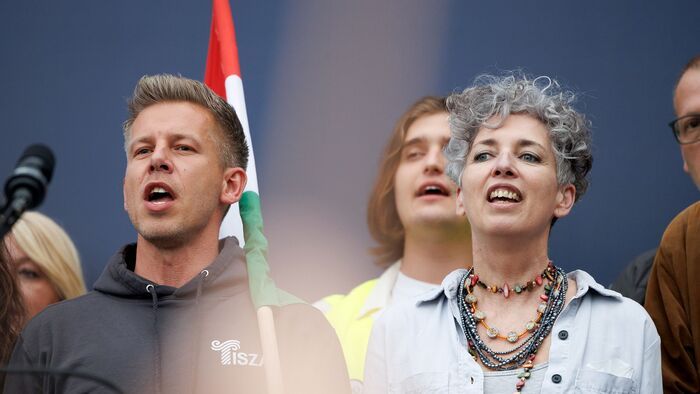

Szóljon hozzá!
Jelenleg csak a hozzászólások egy kis részét látja. Hozzászóláshoz és a további kommentek megtekintéséhez lépjen be, vagy regisztráljon!